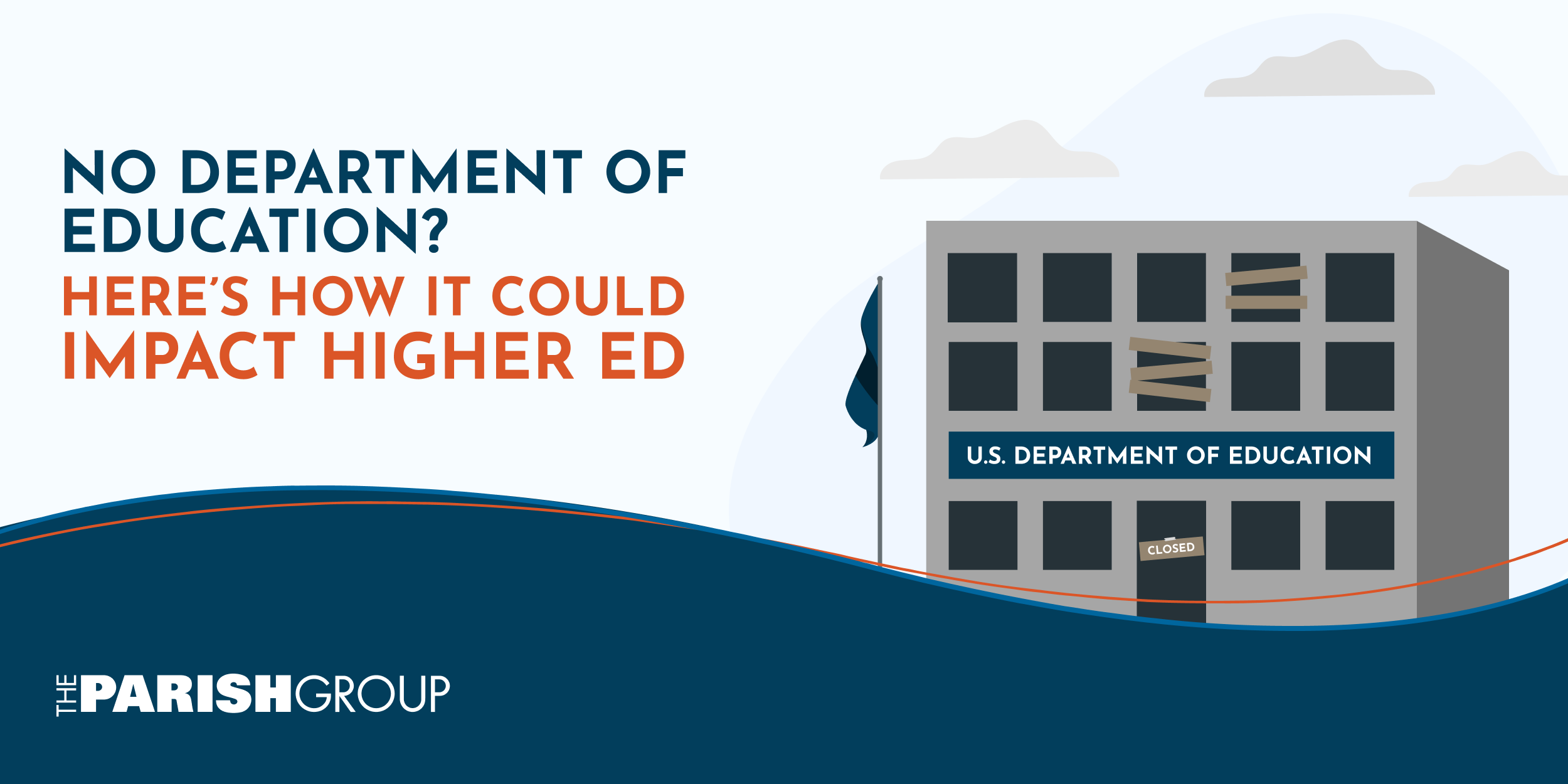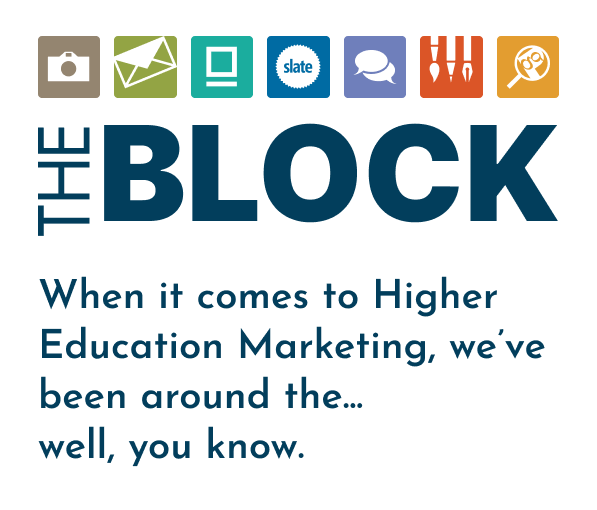
On June 29, 2023, the Supreme Court of the United States struck down affirmative action in cases against the UNC system and Harvard College.
Unless you’ve been living under a rock, this is not new information. But as leaders in higher education adjust their admissions policies post-SCOTUS decision, those against affirmative action are pushing forward beyond admission practices.
The Students for Fair Admissions have already begun targeting recruitment practices, financial aid and scholarships, and even so far as information regarding staffing in higher ed institutions.
The case against affirmative action was a long-game strategy. And now that opponents of the race-conscious practice closed that door, they’re looking for more avenues to block.
Those of us in higher ed have to ask ourselves: how are we going to continue with diversity initiatives in recruitment?
After the murder of George Floyd and the wave of protests it sparked in 2020, many schools highlighted and lauded their DEI efforts. Now that DEI is under intense legal scrutiny, time will tell if it was all lip service.
Rather than wait for the blowback, we need to have these uncomfortable conversations now.
What strategies are we going to put in place to protect diversity initiatives in recruitment, funding, and retainment?
Recruitment
Colleges with large brand recognition will be little affected by this decision. Their brand will carry the weight and attract students from all different backgrounds.
But smaller institutions that already struggle to make themselves known have to navigate their recruitment strategy amidst tight budgets and staffing issues.
And while schools like Harvard and the UNC system have the funds to fight lawsuits, smaller liberal arts institutions may not have that same financial cushion.
What’s to stop anti-affirmative action groups from going after not only schools, but individuals recruiting for the school itself? Do schools have the money set aside to protect their staff?
Admission counselor positions already have high turnover rates, so the encroaching threat of legal prosecution might increasingly scare talent away from this industry.
Further, could this seep into recruitment practices for HBCUs or even single-gender institutions?
Funding
We know the powerful impact race-conscious scholarships have on expanding access to education. Terminating these scholarship practices could mean shutting out a generation of intelligent minds who lack the funds to pursue a secondary degree.
If these scholarships are eliminated, financial aid will need to open its pocketbooks to counterbalance.
Some schools are taking initiative. Duke University instituted a policy offering full tuition coverage to families within North and South Carolina below the $150,000 income threshold. Similarly, UNC Chapel Hill promised free tuition for in-state students whose household income is at or below $80k.
Maneuvers like these are race-blind in definition, but strategically can achieve similar results to race-conscious financial aid practices.
Retainment
Getting students to come to campus is one thing. Getting them to stay is another.
Retention took major hits during the pandemic, and the ramifications of the SCOTUS decision could be another major blow to retention efforts.
With admissions departments unable to utilize race to create a diverse class profile, this could further alienate marginalized populations at colleges and universities. It’s difficult to want to stay somewhere where you feel like an outsider.
Many institutions have minority-based clubs and academic and social organizations to help students find community with people of similar backgrounds. Who’s to say these organizations won’t be caught in the crossfire?
How We Move Forward
It only took a few individuals to knock down half a century worth of progress. Maintaining diversity is as fragile as ever.
Enrollment and admissions leaders must not shy away from taking action to ensure this new era of admissions doesn’t severely harm access to higher education.
What will you say? More importantly, what will you do?
And what is The Parish Group doing to prepare for this? Our next blog will answer just that.









